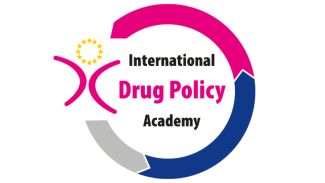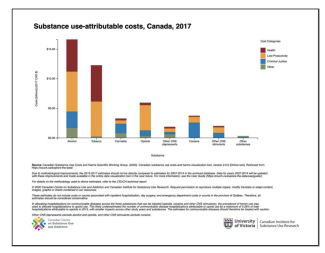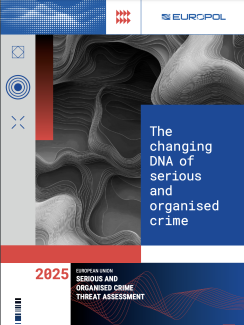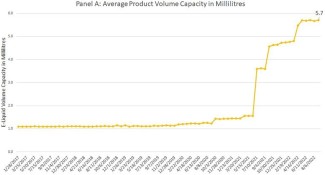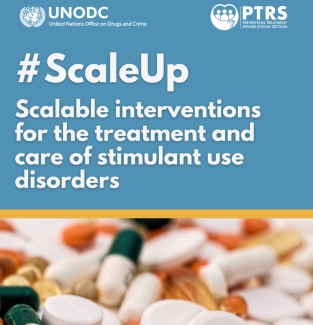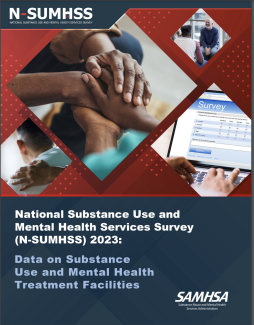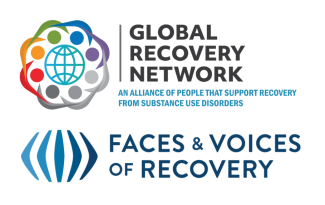Screen4Success - Talk. They Hear You: Screening for Health, Wellness, and Well-being
Screen4Success – A Tool for Health, Wellness, and Well-being Assessment
SAMHSA’s new “Talk. They Hear You.”® campaign mobile app helps parents and caregivers prepare for some of the most important conversations they may ever have with their kids. Screen4Success is a new screening tool developed to support individuals, families, and caregivers by providing a structured way to assess aspects of personal health, wellness, and well-being.
Key Points:
-
Screen4Success offers a user-friendly format to help individuals recognise potential areas where additional support might be needed.
-
It...
